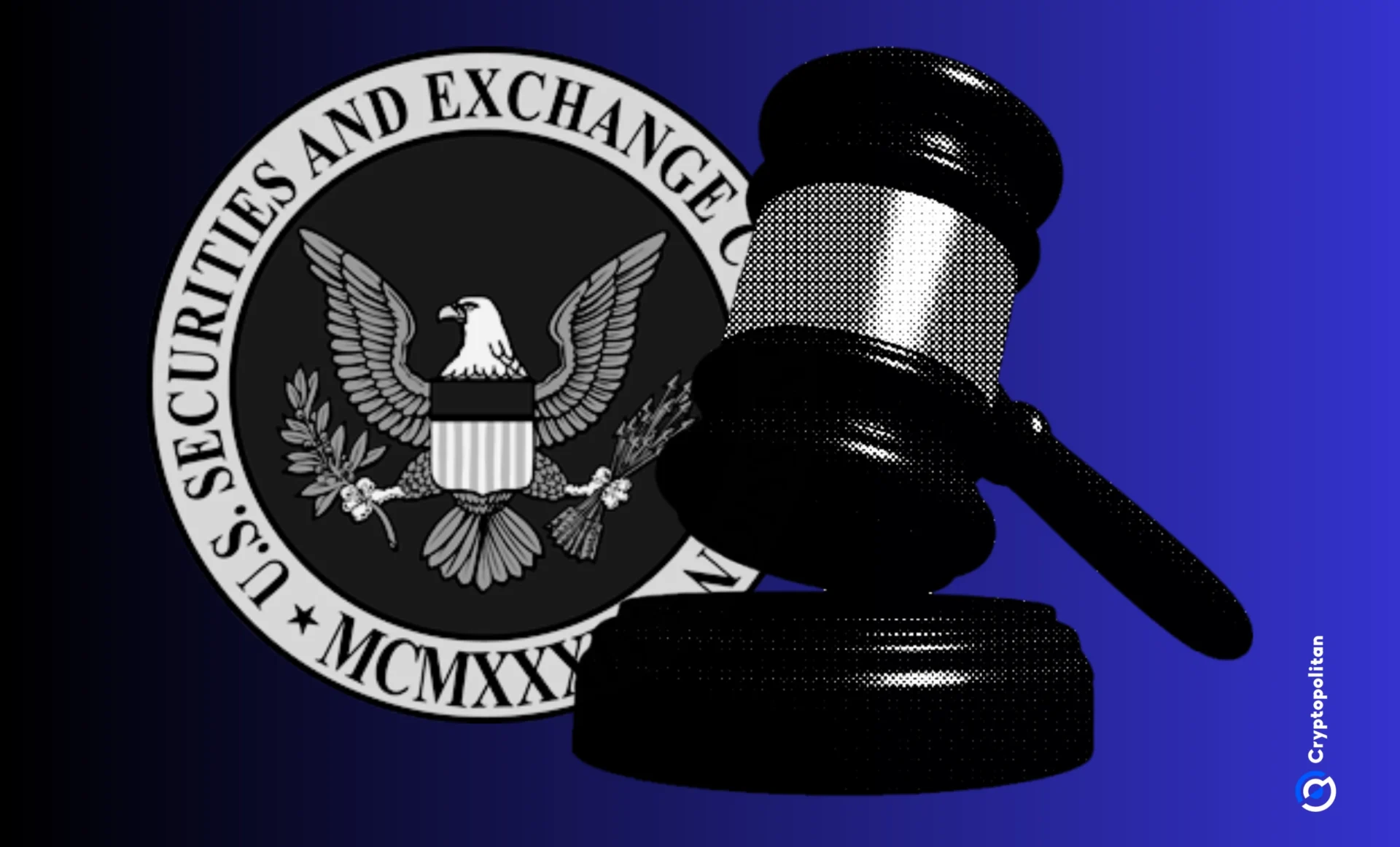Coinbase asked the Southern District of New York Judge Katherine Polk Failla to certify the interlocutory appeal it filed back in April. In an October 5th letter to the judge, Coinbase cited the SEC’s appeal in Ripple’s case, claiming that it signified the regulator’s recognition of the vagueness in the Howey Test standards. It also called for a thorough and complete review of the Howey Test application.
If Judge Failla approves Coinbase’s appeal, then the resulting legal battle could ideally change everything for Ripple and even redefine future crypto regulatory frameworks.
Coinbase wants to present its case in the second circuit with Ripple
On October 5, Coinbase wrote a letter to Judge Polk Failla asking her to certify their interlocutory appeal. The exchange initially filed the appeal in April and has not received any approval or rejection over its filing.
Some analysts even agreed that the court had taken a long time to respond. For instance, a crypto lawyer, James Murphy, said:
It is astounding that Judge Failla never ruled on Coinbase’s original motion for interlocutory appeal filed back in April. Those motions are normally ruled on very quickly.
James Murphy
Coinbase requested that the court reconsider its appeal so the Second Circuit could accurately assess the SEC’s position on Howey Test criteria. It urged the court to certify its motion to give the Second Circuit a detailed understanding of the legal and practical impacts of the SEC’s litigating position.
Ashley Prosper, a crypto influencer, noted that the Ripple and Coinbase cases would provide the Second Circuit with a thorough understanding of the regulator’s ‘unlawful’ approach to crypto, expressing confidence that Coinbase’s appeal would succeed.
The exchange even referenced the SEC appeal in Ripple’s case filed on October 2, claiming it represented the regulator’s admission to Howey Test’s ambiguity.
The US regulator appealed the court decision
In 2020, the U.S. Securities and Exchange Commission sued Ripple Labs for allegedly selling its cryptocurrency token XRP as an unregistered security. Two years later, in 2023, Judge Analisa Torres ruled in favour of Ripple stating that XRP is only considered a security when sold to institutional investors.
In August 2024, Judge Torres enjoined Ripple from committing any future violations of the securities laws and denied the SEC’s motion for Ripple to disgorge its sales proceeds.
Back then, the SEC had requested over $876 million in disgorgement, more than $198 million in interest, and an $876 million civil penalty, while Ripple argued that its maximum liability should be $10 million.
However, the court settled on a civil penalty of $125 million for Ripple. The US Securities and Exchange Commission (SEC) has now appealed the court’s decision on Ripple’s penalty, stating that the district court’s decision contradicts years of Supreme Court precedent and securities laws.
However, Brad Garlinghouse, CEO of Ripple, called out the commission for being irrational, saying it should have left the case long ago.










